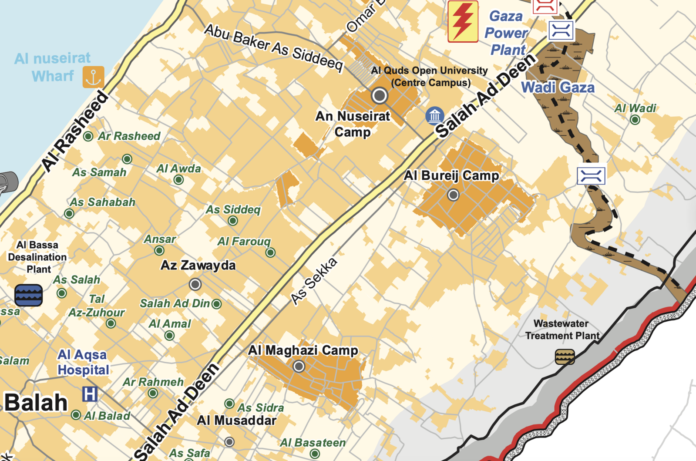Marwan Issa, a senior leader within Hamas and the deputy military commander of its military wing, the Izzedine al-Qassam Brigades, was reported killed in an Israeli airstrike that happened last week. This operation, detailed by White House official Jake Sullivan, struck a tunnel complex beneath the Nuseirat refugee camp in central Gaza, underscoring the intensification of Israeli efforts to dismantle Hamas leadership. As the conflict that began on October 7 continues, Issa’s death marks a significant loss for Hamas, bringing the war’s highest-ranking casualty within its ranks to date.
Despite Hamas’s silence on the confirmation of Issa’s demise, Israeli media sources have highlighted the strike’s precision and its impact on the Hamas tunnel networks, a testament to Israel’s ongoing campaign against the group’s operational capabilities. Issa, long considered one of Israel’s most-wanted individuals, had a history of incarceration and was previously detained by both Israeli and Palestinian Authority forces in connection with resistance activities.
The death toll since the outbreak of hostilities on October 7 has been staggering, with more than 31,000 Palestinian civilians reported dead, according to figures from the Gaza health ministry. This alarming number has sparked international concern and significantly strained Israel’s relations with its allies. In response, President Joe Biden has reiterated the United States’ support for Israel’s right to defend itself against Hamas, while also expressing grave concern over the civilian casualties and urging for a strategic approach to end the conflict.
Sullivan’s remarks underscore the delicate balance sought by the U.S. in supporting Israel’s security measures against Hamas, while also advocating for restraint to avoid exacerbating the humanitarian crisis in Gaza, particularly in Rafah, where an estimated million refugees have sought safety during the war. This nuanced stance reflects the broader international effort to secure a ceasefire and address the humanitarian needs of the Gaza population.
The dialogue between President Biden and Israeli Prime Minister Benjamin Netanyahu has been marked by discussions on the objectives and strategies of the Israeli military campaign in Gaza. Amidst growing criticism from senior Democrats in the United States, including a call from Senate Majority Leader Chuck Schumer for new elections in Israel, the relationship between the two leaders has faced challenges. However, both parties have agreed on the urgency of eliminating the threat posed by Hamas, freeing hostages, and ensuring the long-term security of Israel.
In the coming days, a high-level team from the United States, comprising military, intelligence, and humanitarian officials, will travel to Washington to further discuss the situation and explore paths toward a sustainable resolution of the conflict. Concurrently, Blinken’s visit to the Middle East aims to bolster international efforts toward a ceasefire that includes the release of all hostages, highlighting the ongoing diplomatic efforts to bring an end to the hostilities and address the complex humanitarian and security challenges in the region.
Image is in the public domain.










